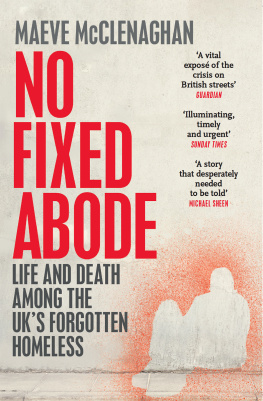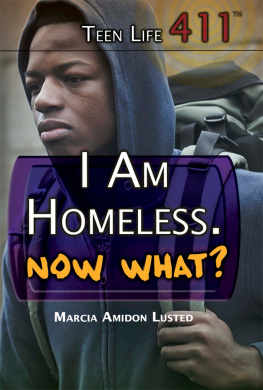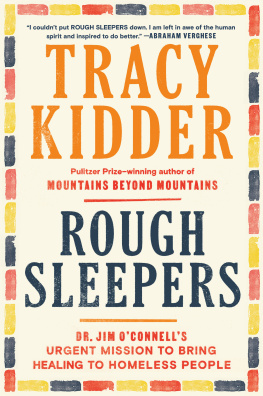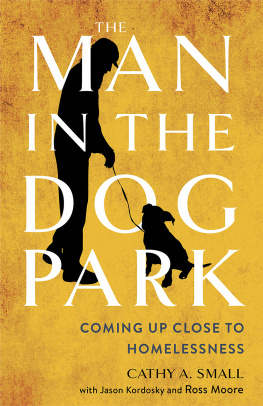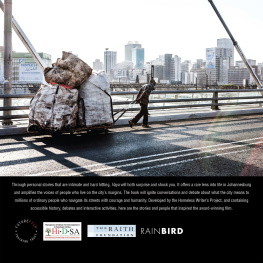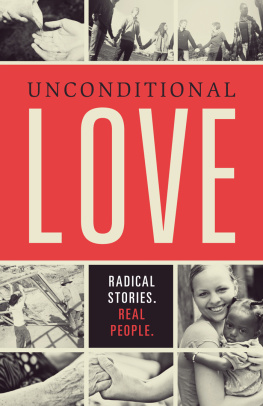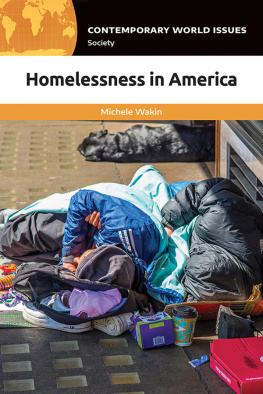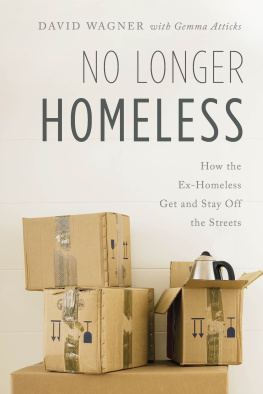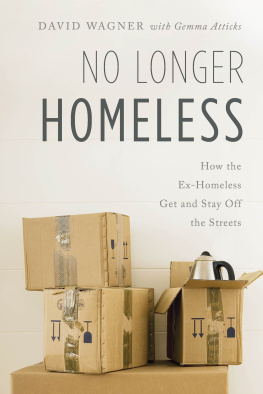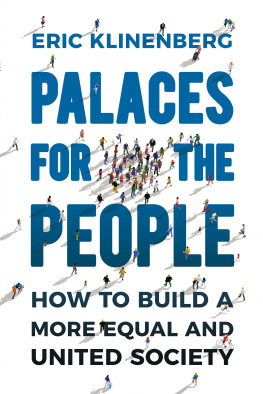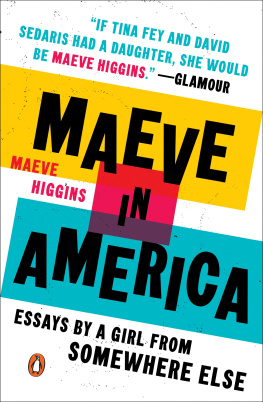Acknowledgements
I am eternally grateful to all those who took the time to talk to me for this work, both those whose stories were included and the many, many more whose did not make it into these pages. I have been touched by the grace and openness with which the families of the bereaved have welcomed my enquiries.
Thanks must also go to my partner, Ed Hamilton, for his enduring patience and unwavering support as I attempted to juggle this research around a myriad array of other duties and stresses (not least training our naughty dog and gestating our baby). Thanks too to my colleagues at the Bureau of Investigative Journalism, in particular my editors Rachel Oldroyd and Megan Lucero, for allowing me the space and freedom to develop this research over time. I have cited the work of many amazing journalist colleagues whose research I drew on for this book, including the fantastic Patrick Greenfield, Liam Geraghty, Natalie Bloomer, Samir Jeraj, Jen Williams, Rory Winters and Michael Yong. Matt Downie from Crisis was endlessly helpful in clarifying policy issues and helping me get up to speed with the facts.
I would never have made it this far without the support and expert guidance of Picadors Kris Doyle, Laura Carr and Grace Harrison. Special thanks are due to my agent, Richard Pike, who helped me develop and hone the idea for the book from the vaguest notion to the final product. Alice Milliken and Eli Lee were both rigorous and kind in their fact-checking and editorial guidance. And Ill be eternally grateful to Clare and Tony Fletcher for providing us with a safe home during the chaos of the pandemic.
Finally, thanks to my parents Roisin and Tony, who met working with people experiencing homelessness in Belfast and who taught me to open my eyes and care. All I have done was only possible thanks to you both.
Authors Note
This is a work of non-fiction. Most of the events in this book took place in 2018 and the stories are drawn from more than two years of research, hundreds of interviews and days and weeks spent shadowing those involved. Data and figures are accurate as at that time. Where appropriate, names have been changed to protect the privacy of those involved or to keep people safe, and these have been marked with an asterisk. Many of the events described in the book were witnessed first-hand but other descriptions were pieced together through documents (including police and council reports) or through in-depth interviews with those who were there.
The original count of deaths was part of a project undertaken at the Bureau of Investigative Journalism, called Dying Homeless. This was a collaborative project with local journalists across the country, and I am indebted to colleagues and editors for their invaluable assistance in this unenviable task. The Dying Homeless Project won the Royal Statistical Societys prize for Investigative Journalism, the Expert Citizens Insight Through Journalism Award and was shortlisted for the Orwell Prize, the Amnesty International UK Media Award, Drum Online Media Awards and the Global Editors Network Data Journalism Awards, and for Campaign of the Year two years in a row at the British Journalism Awards.
Investigations into dark and difficult areas of society give a presence to people who usually remain invisible. Journalist Maeve McClenaghans No Fixed Abode: Life and Death Among the UKs Forgotten Homeless is a vital expos of the crisis on British streets
Guardian
An indictment of modern Britain... [it] shows time and again how national safety nets have been eroded. McClenaghan neatly captures the right-thinking persons bewilderment at the state that we as a society find ourselves in, but she also seeks answers... No Fixed Abode couldnt be more illuminating, timely and urgent
Helen Davies, Sunday Times
Maeve McClenaghan compassionately brings to life the human tragedies behind the statistics... This adds a depth of humanity to the storytelling often missing in more standard journalistic accounts... No Fixed Abode is a powerful book. It tells a very important story in a human way and in doing so motivates the reader to demand change. It is a campaigning book of the very highest order, always advocating but never didactic
Eoin Broin, Irish Times
An urgent, searing examination of our homelessness crisis... Crucially, McClenaghan offers solutions to a very complicated and nuanced problem... The result is a much-needed antidote to the apathy that can often surround homelessness. It is movingly told, passionately argued and totally engrossing
Rory Sullivan, iNews
I sat down and wept... A challenging and compassionate investigation into British homelessness... McClenaghan writes with the pace and clarity youd expect of an award-winning investigative reporter chasing a lead... It can feel unbearable... But it is worth it, to stare down despair and bring hope where you can. For McClenaghan, this journey ends with her peeling potatoes at a soup kitchen; for someone else, it could start by reading this book
Liz Dodd, The Tablet
The story this book tells, the work of Maeve and the Dying Homeless project, the lives and, most importantly, the deaths it contains, matter. These souls may have felt, at times, invisible but they were not. They mattered... This is a story that desperately needed to be told
Michael Sheen
A sensitive expos that illustrates the complexities of modern homelessness. Moving, poetic and as rousing as Orwell
Cash Carraway, author of Skint Estate
An incredible journalist. Her work on homelessness in the UK is vital and urgent. Maeves book gives space to the stories of those at the sharp end of the housing crisis. She treats them as people, not numbers
Vicky Spratt, Refinery29
Maeves impeccable, dogged research gives a voice to those who are not usually given one, and asks tough questions of the authorities which failed them... A vitally important book
Jane Bradley, UK Investigative Correspondent for the New York Times
Profoundly moving... A damning indictment of the austerity years, an inspiring testament to remarkable individuals working to help the vulnerable and a call to arms to give humans their most basic of rights a place to call home
Marisa Bate, author of The Periodic Table of Feminism
A vital and entirely original book that both gathers missing numbers and humanizes the people who comprise them. Moving and insightful, this is a masterclass in the best of investigative journalism
Jenny Kleeman, author of Sex Robots & Vegan Meat
McClenaghan goes where few have gone before. Telling rich and varied personal stories of the path to homelessness while keeping a steady gaze on the societal structures and government policies that make homelessness part of the UKs socio-economic fabric. Its hard to celebrate homelessness, but No Fixed Abode deserves an ovation
Leilani Farha, UN Special Rapporteur on adequate housing (20142020)
NO FIXED ABODE

Maeve McClenaghan is an award-winning investigative journalist and founder of the critically acclaimed podcast The Tip Off. Now working at the Bureau of Investigative Journalism as part of the Bureau Local project, Maeve has previously produced investigations for BBC radio, the Guardian and BuzzFeed UK. She has won numerous awards for her journalism and has been nominated three times for the Orwell Prize.
What can I do?
I hope that after reading these stories you feel many things: anger, frustration, the impetus to help anything but hopeless. Because the situation is not hopeless. There are any number of things we can do, from the small to the large-scale, that could prevent more people falling into homelessness and dying. Here are a few ideas:

